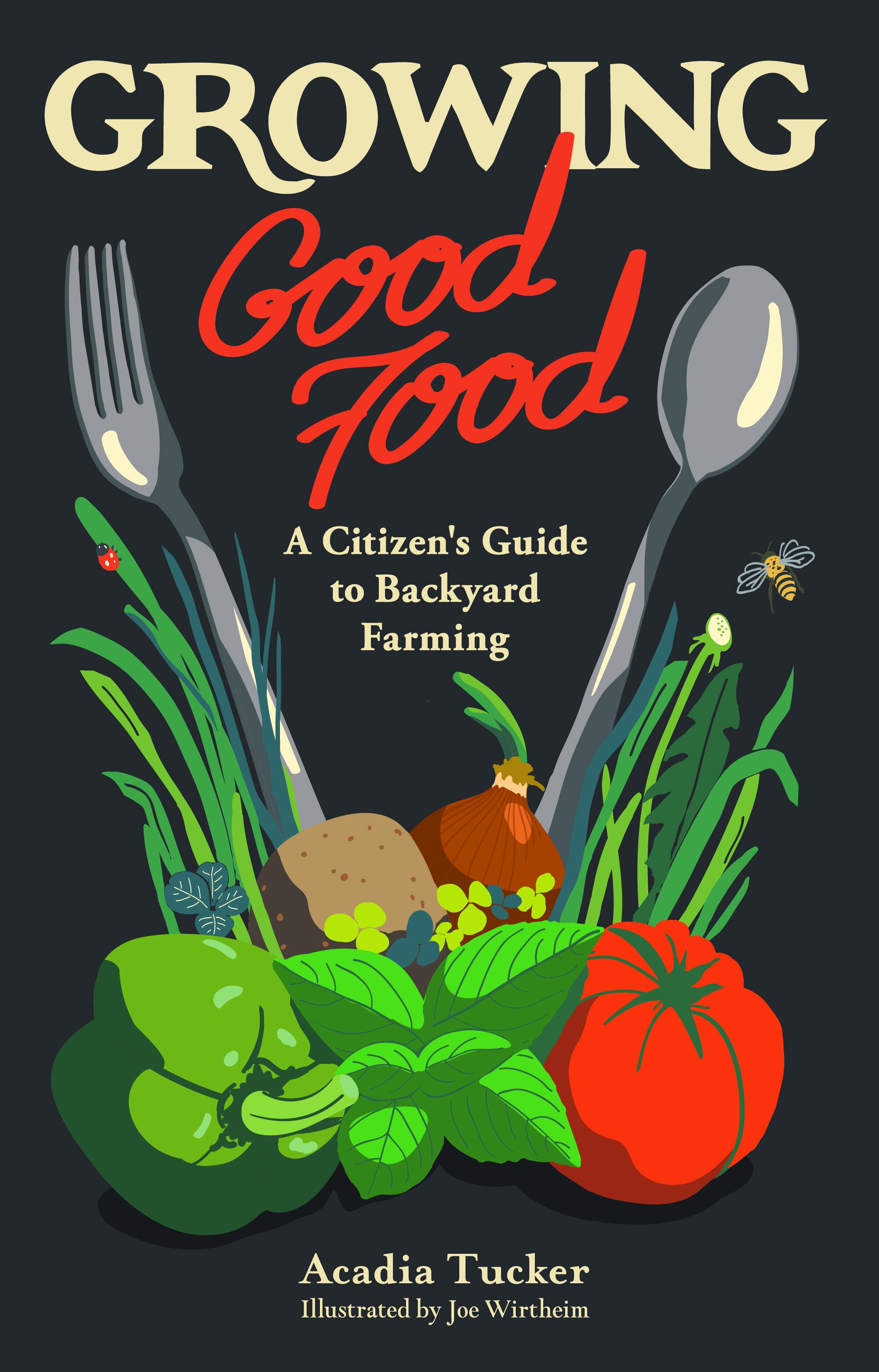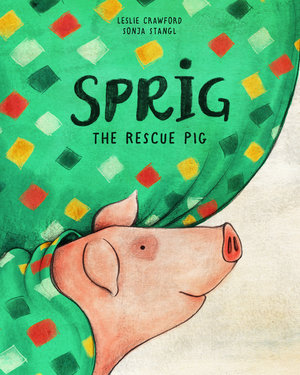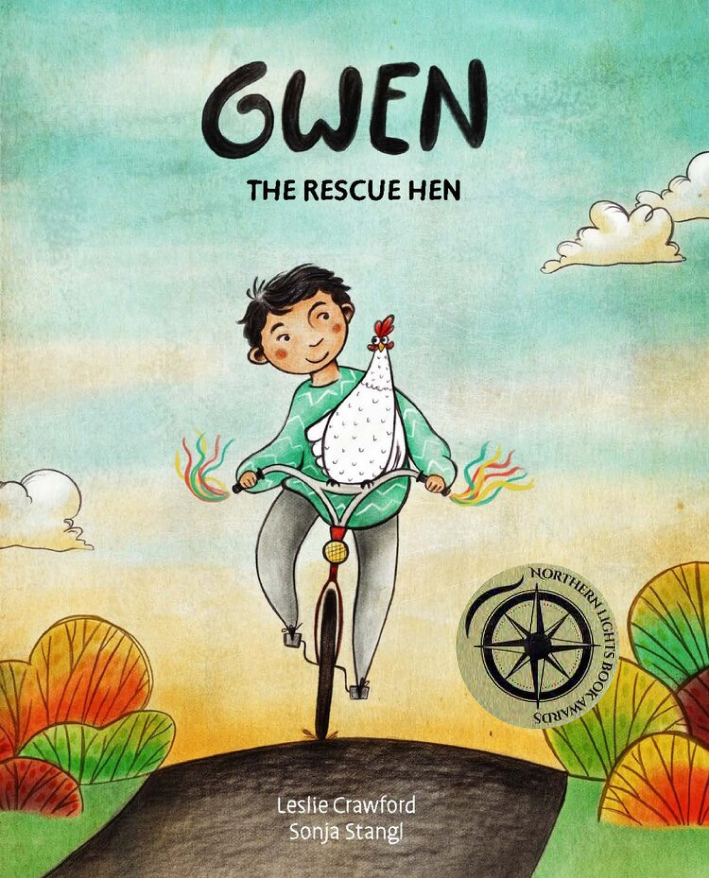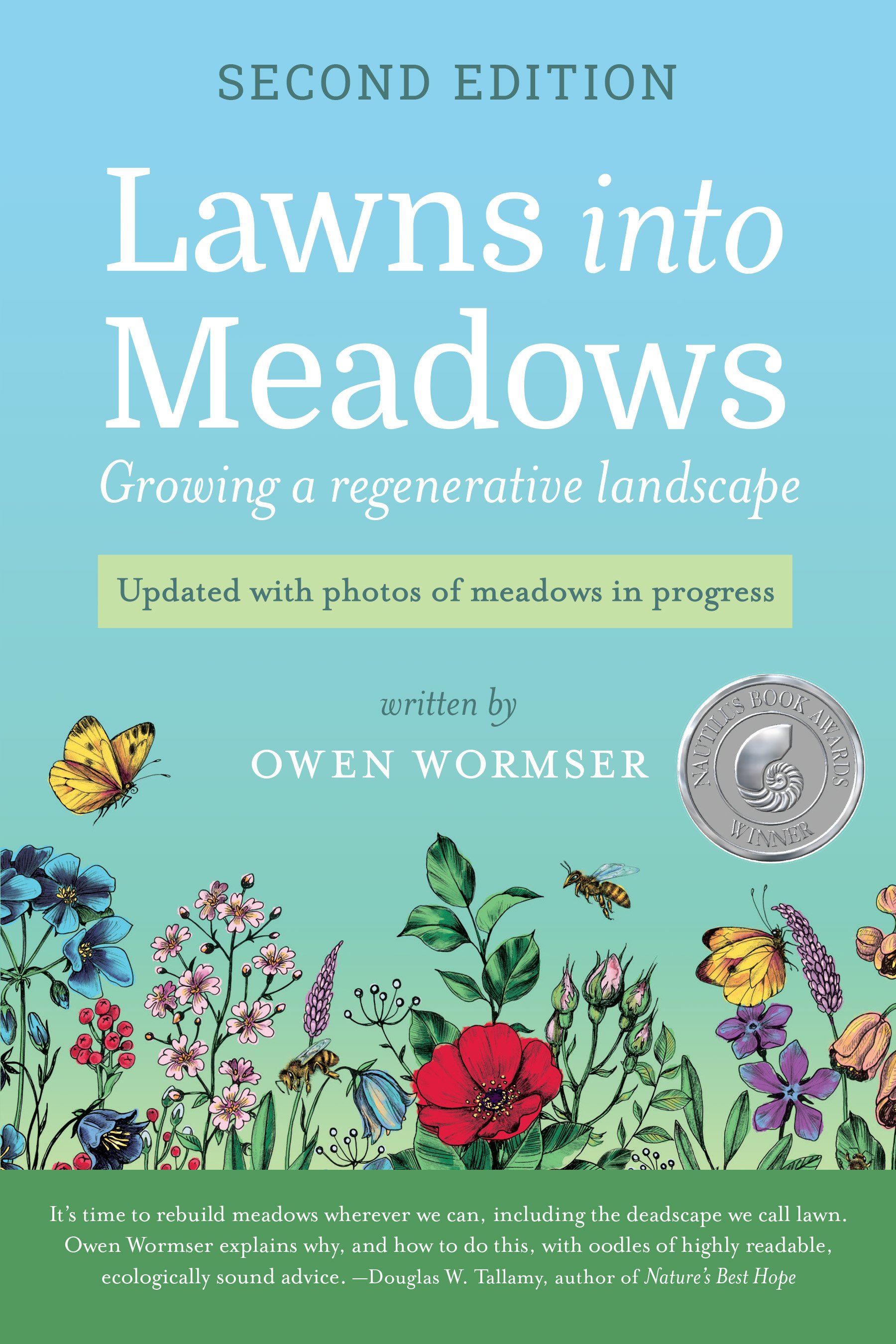Embrace Fearlessly the Burning World
Last June, I spent a week at the Bread Loaf Environmental Writers’ Conference in Vermont. On the final night, Bill McKibben spoke. It was an exalted affair; the veteran — by no means inveterate — journalist and activist is widely regarded, after decades of work beginning with Reagan and bearing no end in sight, as the world’s foremost environmentalist.
McKibben (who lived just up the road in Ripton) took the stage, a kindly gaunt man in a fleece pullover. The crowd hushed, expecting to hear his views on the future of grassroots activism, or freelance writing, or U.S. geopolitics, or his ever-resilient hopes for this doomed planet.
He spent about a half hour describing every rote detail of the hiking trails he liked to take. One was so steep and smooth a ski club used it in winter, another so level and rutted that locals fought government attempts to pave it, a third had a little wood hut waiting for anyone who cared to walk that far and pass a cold calm night. It was as painstaking as a page from Thoreau’s notebooks. Frankly, everyone in the room was mystified.
Many there felt that McKibben’s failure to make any general environmental statements at all reflected the fact that, well, however bad it was in the 80s, however much one can do now, the climate crisis can’t but get worse. The fact that much of his recent writing addresses the cultural souring of the American faith he was weaned on is a testament to this possibility.
I thought of this, sitting in the audience, while reading Embrace Fearlessly the Burning World. This final book written by the environmentalist Barry Lopez straddles the same liminal space between wary hope and grim hopelessness. At once a memoir and a collection of essays, the book spans scientific, personal, and political approaches to the natural world.
Whether addressing the vanishingly unspoiled stretches of the Arctic tundra, the vanishing of his own health after a cancer diagnosis, or the vanishing of his house along the McKenzie River in Oregon after a wind-driven wildfire three months before his death, Lopez is a sad writer but not an angry one. Where he sees no cause for hope, he still sees ample cause for love.
In the book, Lopez writes: “The effort to know a place deeply is, ultimately, an expression of the human desire to belong, to fit somewhere.” I never quite got McKibben’s point until I read this book. It is not pessimism that leads an environmentalist to pay such loving attention to his particular place, as though any ambition broader than what’s before him were impractical or a cause for despair. On the contrary, the very attention one pays to one’s environment is a testament to the impracticality of despairing about it.
The book begins with an introduction by Rebecca Solnit, who offers a quote by the mystic-philosopher-activist Simone Weil: “Attention is the rarest and purest form of generosity. Absolutely unmixed attention is prayer.” The quote underscores Solnit’s claim that all of Lopez’s work — from his earliest fiction in the ‘70s to these essays, published after his death on Christmas Day, 2020 — is a form of prayer, a claim further substantiated by the fact that, in his youth, Lopez nearly became a priest or monk.
“It is more important to live for the possibilities that lie ahead than to die in despair over what has been lost.”
His attention to the natural world does not shy from the mercilessly personal — the essays “A Scary Abundance of Water” and “Sliver of Sky” both concern the five years of sexual abuse he suffered at the hands of a family friend during his childhood in the San Fernando Valley, California. But always it is outwardly-directed, and always it is loving.
In another essay, “Love in a Time of Terror,” he writes: “Whenever I’m asked what I love, I think of the aggregate of relationships in that place that summer.” Even when these relationships bear brute trauma for Lopez, the natural world in which they occur serves as a source of refuge and redemption from our despair.
It is this very despair about the burning world, Lopez argues, that isolates us from the possibility of bettering it. The failure to recognize the larger natural world — and one’s place within it — is, in Solnit’s words, a disconnection that allows “an abuser to abuse, a family to deny, a child to suffer in silence.”
To know one’s place within the burning world is, for Lopez, to forsake despair over what has been done in favor of what can still be done; it is to embrace the burning world fearlessly. At one point, he states: “It is more important to live for the possibilities that lie ahead than to die in despair over what has been lost… Only the misled can insist that heaven awaits the righteous while they watch the fires on Earth consume the only heaven we have ever known.”
In this book he comes across as a sad but smiling man, urging us to tend the place we have in this world as he takes leave of it.
Selen Ozturk is a Stone Pier Press News Fellow based in San Francisco, CA.











